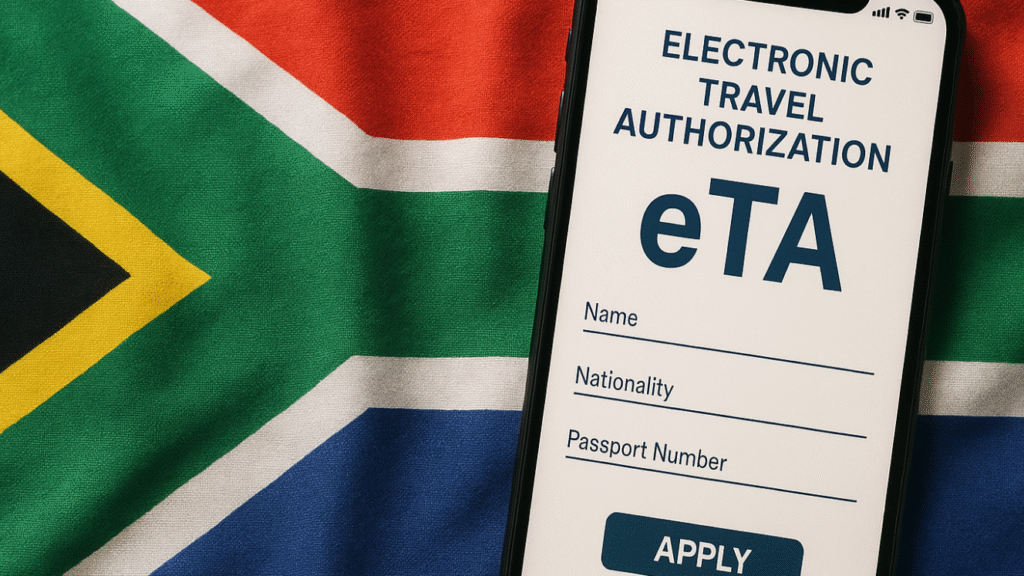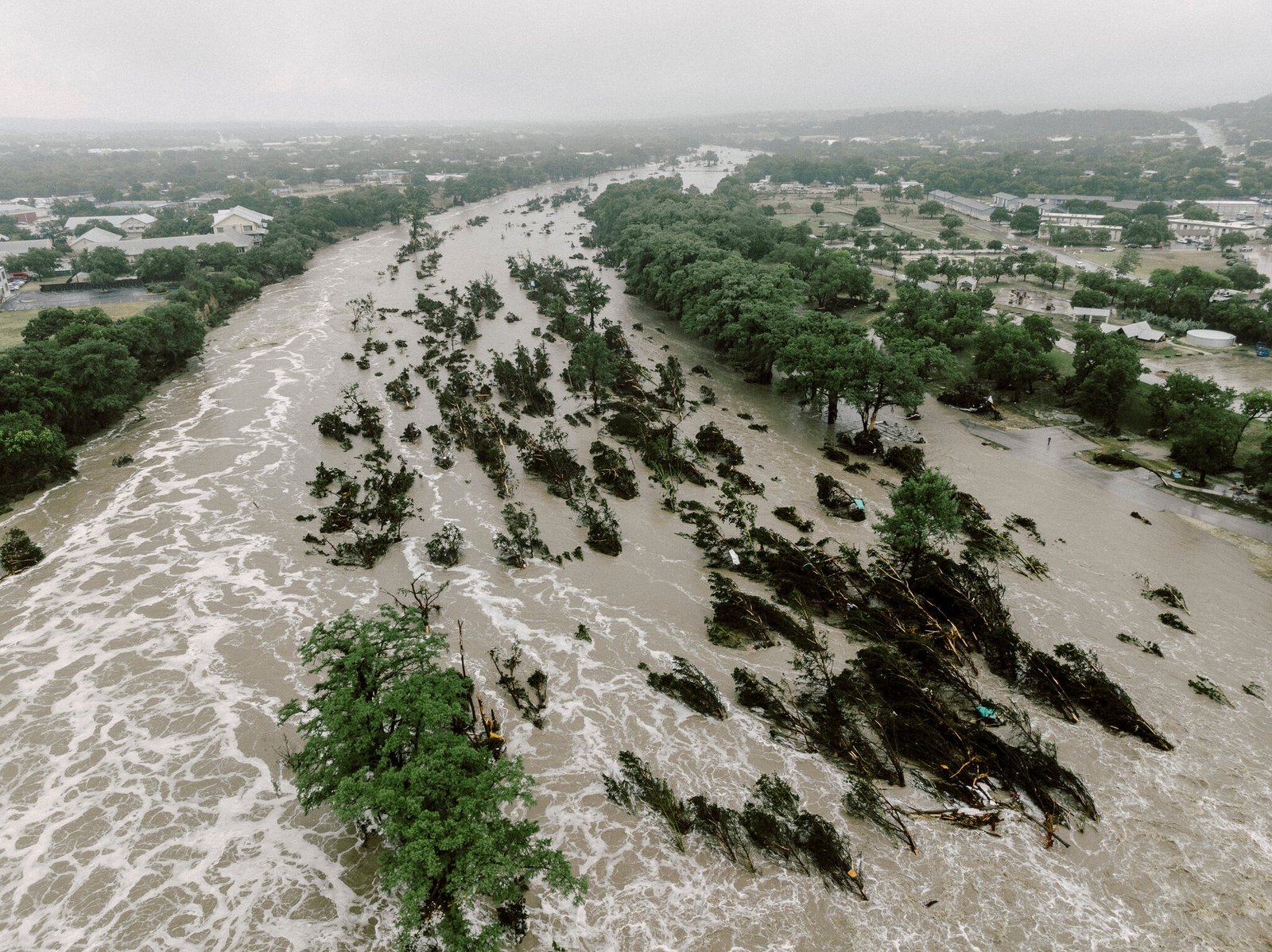Now Reading: South Africa Goes Fully Digital: Mandatory e-Visas Roll Out From September 2025
-
01
South Africa Goes Fully Digital: Mandatory e-Visas Roll Out From September 2025
South Africa Goes Fully Digital: Mandatory e-Visas Roll Out From September 2025

South Africa is taking a major leap into the digital era by mandating electronic visas (e-visas) for all travelers starting September 2025. The new Electronic Travel Authorisation (ETA) system will be a prerequisite for entry — no paperwork, no stamps, just tech. It’s part of the government’s broader push to modernize immigration, boost tourism, and attract skilled talent through a frictionless digital-first approach.

A New Era of Entry: The ETA System Arrives
Announced by Home Affairs Minister Leon Schreiber, the ETA system will initially apply to travelers arriving by air at OR Tambo and Cape Town International Airports, with future expansion planned across other visa types and entry points. Launching just before the G20 Leaders’ Meeting, the move symbolizes South Africa’s commitment to aligning with global tech-driven standards.
Paper forms and manual processing will be a thing of the past. From submission to approval, the process will be fully digitized — powered by automation and machine learning to curb fraud, reduce wait times, and increase transparency in immigration handling.
Reform That Pays Off: Tourism and Tech Talent on the Rise
The ETA isn’t a lone wolf — it builds on recent wins like the Trusted Tour Operator scheme, which has already enabled 17,000+ tourists from India and China to secure online visas since February 2025. The economic impact? Over 1,200 new jobs created, according to Operation Vulindlela.
And it’s not just about vacationers. The Trusted Employer Scheme (TES) has helped companies import top-tier talent — including 246 software engineers and 147 nuclear specialists for Eskom. Seventy-one companies have already opted in, signaling high demand for skilled immigration channels.
Tech Meets Governance: A National Digital Overhaul
From visas to passports, South Africa is embracing digitization across the board. Smart ID and passport services are now live in 30 bank branches — with plans to scale to 1,000 — proving this isn’t just lip service. It’s a full-stack transformation of how citizens and travelers interact with the state.
As digital visa systems become the norm globally, South Africa’s ETA rollout positions it as a future-ready player — prioritizing efficiency, accessibility, and security. The country’s streamlined immigration model could soon become a case study for others navigating the messy intersection of tourism, tech, and national policy.


































